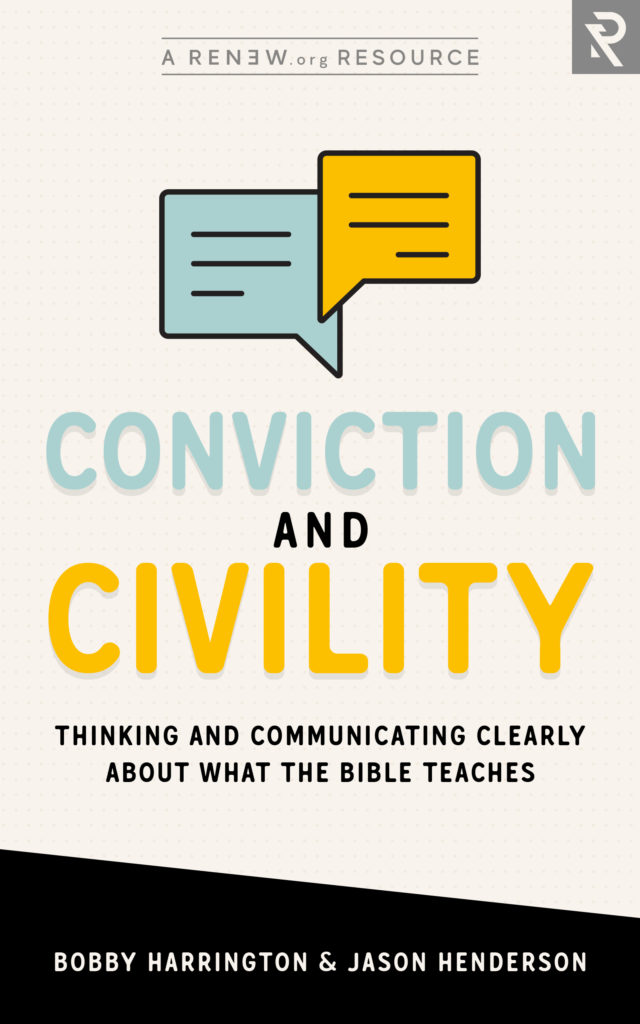
Free Love (Reflections on Lukianoff & Haidt’s The Coddling of the American Mind – Part 3 of 3)
“We must picture hell as a state where everyone is perpetually concerned about his own dignity and advancement, where everyone has a grievance, and where everyone lives with the deadly serious passions of envy, self-importance, and resentment.”
― C.S. Lewis, The Screwtape Letters
I saw the above quote recently on Twitter along with the hashtag #academia. To whatever extent Lewis’ quote is a true description of hell, it certainly seems to be a true description of much of what is now transpiring on many college and university campuses. But it isn’t just about the academy. Yes, we have witnessed a steady stream of videos of angry college students shouting down and denouncing pretty much anyone who might dare to disagree with their worldview. Most people watch these videos full of panicked, Nazi-haunted undergrads with some condescension mixed with pity. “Kids these days.” “Wait until they enter the real world.”
Well, yes. About that “real world.”
What’s happening on college campuses isn’t as far removed from the real world as we would like to imagine. It is often a louder and more exaggerated picture, but it is a picture nevertheless of currents that are moving in the supposed real world.
We live in an era of heightened polarization, tribalism, and us vs. them thinking. It feels like we are wobbling between extremes—like a spinning top in the moments just before it stops spinning. What we are actually seeing on our college campuses is the fruit of an untruth that is being consistently taught as true to our students. It is the third great untruth in Haidt and Lukianoff’s book, The Coddling of the American Mind. They label it “The Untruth of Us Versus Them: Life is a Battle Between Good People and Bad People.”
All three of the untruths work in concert with each other. The first untruth says that you are always in danger of being overwhelmed and harmed. So your safety is paramount. The second untruth says that the best course of action is always to trust the truth of your feelings. So your feelings are your reality. The third untruth says that the world you live in is populated by good people and bad people. The good people are good just because they are on your team. The bad people are bad because they are on some other team which is always out to harm or oppress you. So always be on alert because there are villains lurking everywhere. Taken together these three untruths are a prescription for chronic paranoia and anxiety. They are certainly not ways to build healthy communities or individuals.
Like the other untruths, this third untruth is actually motivated by virtue. In this case, it is the virtue of justice. It is human nature for us to desire justice. It is a public virtue for us to desire and work towards justice for all people. Particularly among college students, the desire for justice has become particularly loud in recent years. On the whole, if justice is a public virtue, we should applaud students who have become so passionate about the pursuit of justice. There are certainly a lot of other toxic things that students today could be pursuing. We should probably also prepare ourselves for the natural discomfort that comes along with the pursuit of justice. No one cleans up a messy room without experiencing and discovering some uncomfortable things along the way. If we are being completely honest, some of the fear and loathing directed towards “social justice warriors” is motivated by the discomfort that is a byproduct of injustices being brought to light.
Justice, and working towards it, is clearly a good and virtuous thing. But a toxic way of thinking has come to dominate the way that we think about justice. It is the thinking of “us versus them.” The authors point out that Martin Luther King, Jr., was noteworthy for a brand of activism that was informed by “common-humanity identity politics.” In other words, King appealed to our common human nature in order to get us to empathize with the oppressed and to bring us together in equality and justice. The authors compare this to the justice of philosopher Herbert Marcuse which we could call “common-enemy identity politics.” What brings us together isn’t our sense of shared humanity as much as having a shared enemy.
There is something very unfair about tolerance, according to Marcuse. Tolerance doesn’t go far enough. Liberating tolerance is one that favors the weak and restrains the strong. The goal is not equality but a reversal of power. I would characterize Marcuse’s prescription for justice as “vindictive empathy.” It is a type of empathy that doesn’t just want to right wrongs. It wants vengeance. It wants the oppressor to feel the sting of their oppression.
It could be argued that the legacy of Marcuse is much more alive in our culture today than the legacy of MLK. Judging people by the content of their character just takes too much time. It also doesn’t really give us the ability to right institutional wrongs. What is better, at least according to conventional wisdom today, is to segment people into easy-to-identify tribes. You will then be judged according to tribal identity. One tribe may be labelled “privileged” and another “marginalized.” And because privilege is a moral category, it makes your presence in a tribe an issue of morality. If you are privileged, so the thinking goes, then you are on the side of oppression regardless of your own active participation. You participate simply as a consequence of your identity. The authors contrast the two approaches to identity in this way: “Identity can be mobilized in ways that emphasize an overarching common humanity while making the case that some fellow human beings are denied dignity and rights because they belong to a particular group, or it can be mobilized in ways that amplify our ancient tribalism and bind people together in shared hatred of a group that serves as the unifying common enemy.”
Loving those you’ve been told to hate.
I’ve written on the first two great untruths here and here. In case it isn’t completely obvious, I think that the antidote to these untruths can be found in practicing the three great virtues of the Christian life: faith, hope, and love. And the greatest of these is love.
It would be a mistake to say that in coming to Christ we lose all semblance of what we are calling “tribalism.” In fact, God’s great throne room, we are told, will be filled with a multitude from every tribe, language, people, and nation. There is something of a tribal identity that it seems hasn’t been lost. But this tribal identity has also been swallowed up by citizenship. In the remarkable politics of the kingdom of heaven, we are different – wonderfully so, yet we are one people, with one Lord, standing before one throne.
And the law of this diverse, yet united, kingdom is the law of love. Love first for God and then for one another. This is a radical love that extends even to our enemies and to what author Alan Jacobs calls our “repugnant cultural others.”
The implications of this are obvious even if they are uncomfortable. There is no vindictive empathy in the kingdom. We love both the oppressed and the oppressor. We seek justice not out of hate or envy. We seek justice with a broken heart that longs for reconciliation and mutual healing. We refuse to allow our culture to dictate the terms of our love. We love a person no matter their race, gender, political affiliation, social status, sexuality, which NFL team they root for, etc. etc. etc. etc. etc.
There are no “good” people or “bad” people. There are just complex, broken, amazing, confusing, in-need-of-Jesus people.
Finally, what we need is love and charity in all things, but especially in our communication. The authors put it this way: “There is a principle in philosophy and rhetoric called the principle of charity, which says that one should interpret other people’s statements in their best, most reasonable form, not in the worst or most offensive way possible.” One of the best places to start in challenging this third untruth is to commit ourselves to listening to each other with charity and humility.
(You can read more from Chad’s blog at www.chadragsdale.com. Used with permission.)









